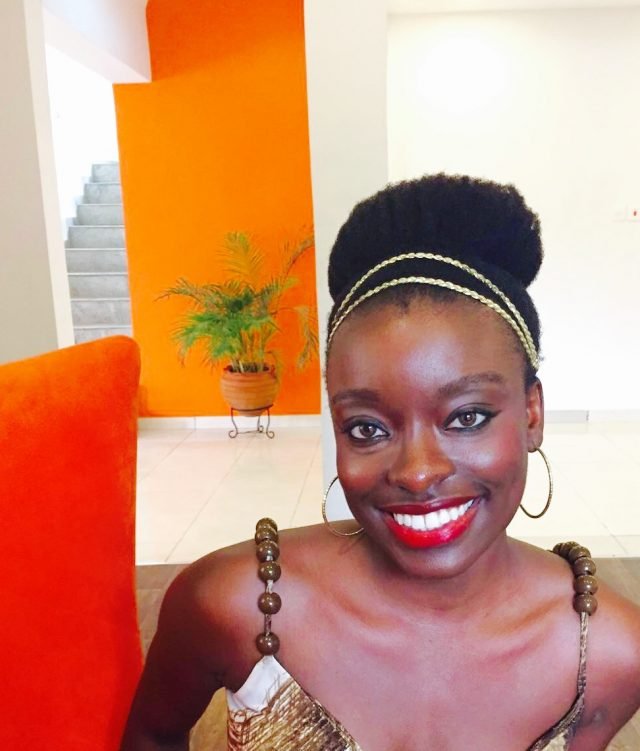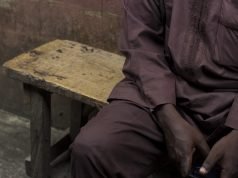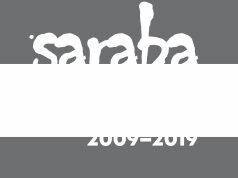Ebelechukwu Ijeoma Mogo’s manuscript, IJBG and Other Stories, was shortlisted for the Saraba Manuscript Prize. In this conversation with Kemi Falodun, Saraba Magazine’s Associate Web-editor, Ebelechukwu discusses her writing and her literary proclivities.
KF: I imagine you were excited about being shortlisted for the Saraba Manuscript Prize, did you anticipate it?
EIM: I didn’t think too much about my submission until I got an email saying I made the longlist. Having come that far I was thrilled but I also became nervous about making the shortlist. The thought of being shortlisted was cool though. So my fingers were crossed at that point.
KF: You are a public health practitioner and a writer, how do you balance the two different worlds?
EIM: I do not see the different things I do as dualities. They are all expressions of me, and there are many other facets to me beside those two. I never achieve balance, I just try to do my best with all the aspects of myself that call and delight me at different points in my life. When I drop the ball, I pick it back up.
KF: When do you write best?
EIM: For me, I am not sure there is such a thing as writing best, there is only writing regardless. It always seems like the time is not perfect but I do it anyway – I may be sleepy, I may be watching a show, I may be bored in a seminar, I may be stuck in traffic, I may be taking a break from research work.
KF: What is a great story for you?
EIM: I like stories that cut you, feel visceral and open into more, almost like a poem would.
KF: Is there any occurrence today, or a story you would especially love to write about?
EIM: If there is any, I am probably writing about it right now
KF: The judges’ comment on your manuscript was, “Her intimate portrayals of people at significant crossroads in their lives, which appear to continue running on even after the last words of her stories have been read, sparkle with nuance.” How did you start writing those stories?
EIM: I found that analysis of my stories thoughtful and kind, so thank you to the judges. I wrote several stories in that collection at different times. Some I wrote a few months before the competition, some up to seven years before. Sometimes my words sit for years before I figure out what to do with them and how to tie them up. Sometimes they spill out and I tag along.
KF: Are your characters completely created out of your own imagination?
EIM: The storyline and the way I put it together is from my imagination, and I also draw details from various daily observations and things that draw my attention.
KF: For someone who writes fiction and non-fiction, how do you avoid conflict between facts and imagination?
EIM: Perceptions of our realities are not completely facts, as they are also a function of our biases. What we consider fiction can be true even when it is not literal. So those lines between fact and imagination may not be as demarcated as we like to think.
That said, there is a difference between writing fiction and non-fiction for me. Non-fiction, I write by trying to account from something that actually happened. There is an awareness of the need for integrity in accounting about another or myself.
Fiction, I write by projecting myself into a world that isn’t real but that may be informed by reality. So the foundation for fiction and non-fiction work come from quite different places in me.
KF: About your writing process, for example, do you read your work out loud sometimes?
EIM: I do not have a steady process. But if we think of it in terms of the way the story forms it would be this: first a thought, an idea, a picture, a nagging forms in me. Then a first draft that is far from where the story will end. Then revisions and revisions and revisions. Interruptions from life, as usual. And then I live and grow and collect experiences and the revisions come closer to what the story was trying to achieve. And then I think, hmm maybe this is almost there.
KF: Are there African writers you especially admire?
EIM: I admire writers who I sense write from their own weird and beautiful fascinations, not to own or to disown any labels. Today they may write about a story that has always been told and write it from their own lens. Tomorrow they may write about something totally out of this world.
KF: Are there any literary projects now underway you want to discuss?
EIM: I am always writing and noting things. The question is what those pieces will become – poems, or stories or articles or just thoughts for my own consumption? I never know immediately. We shall see.
































